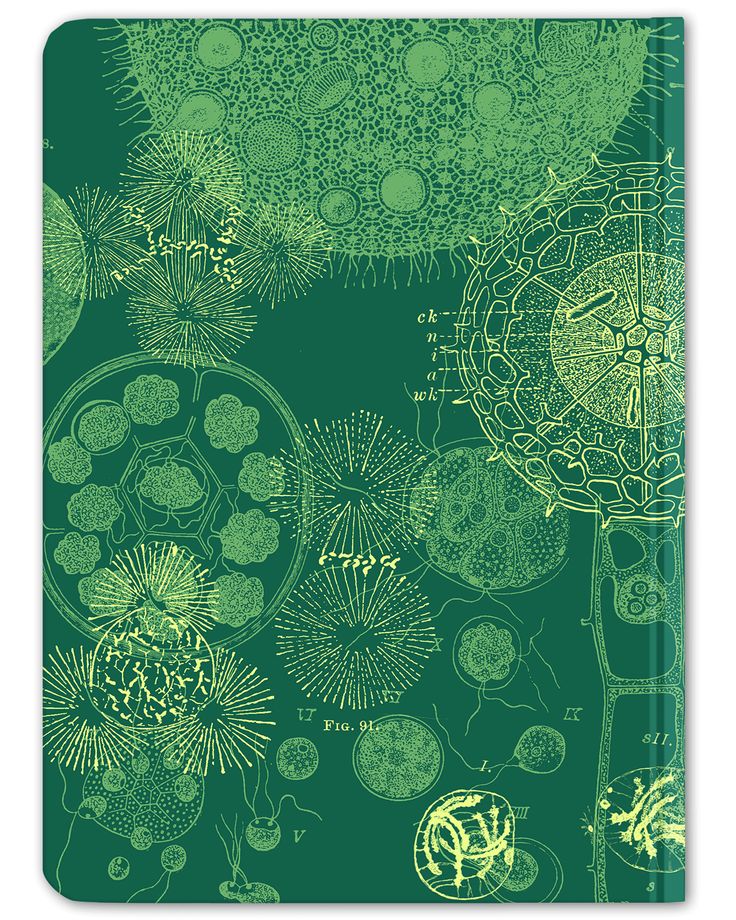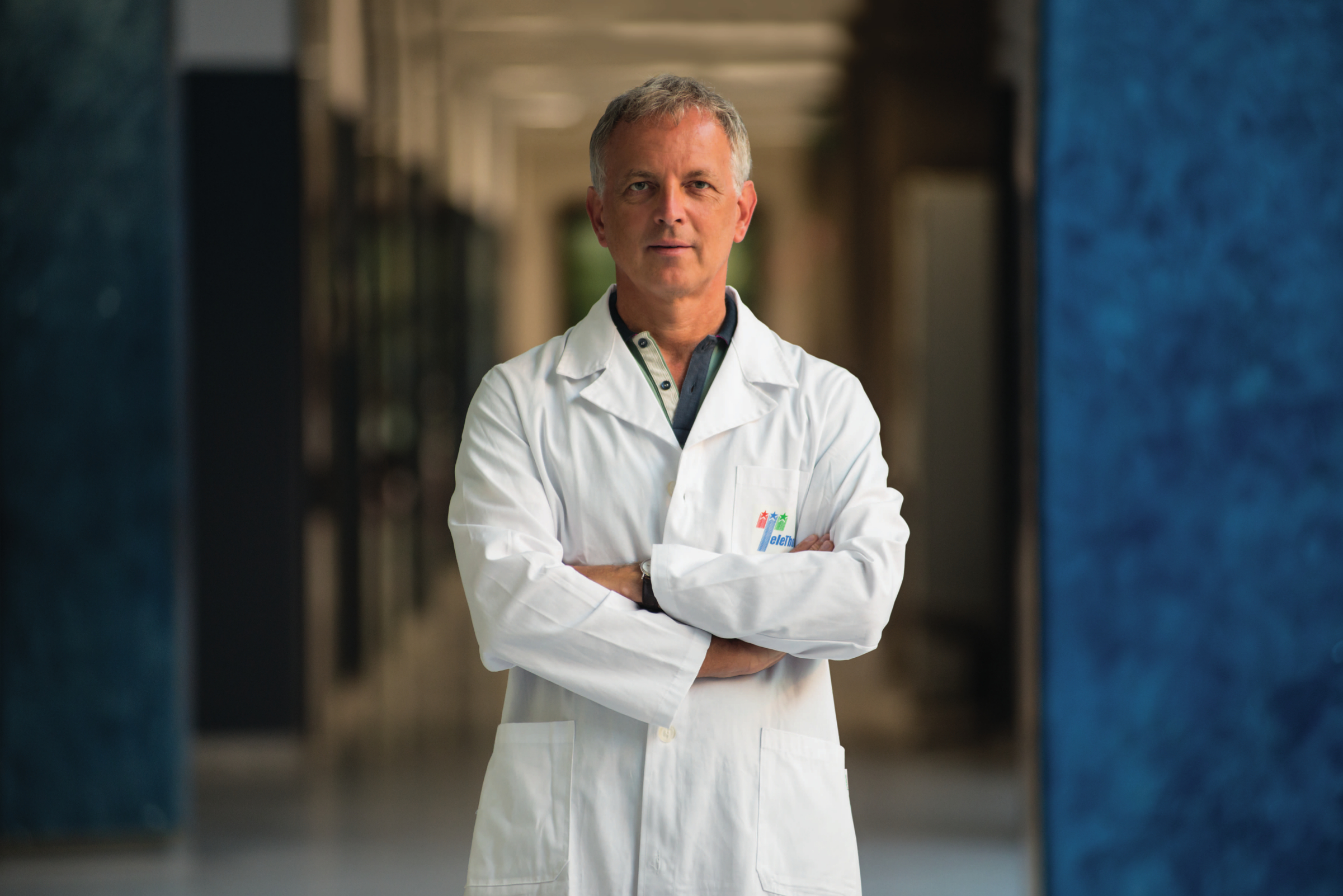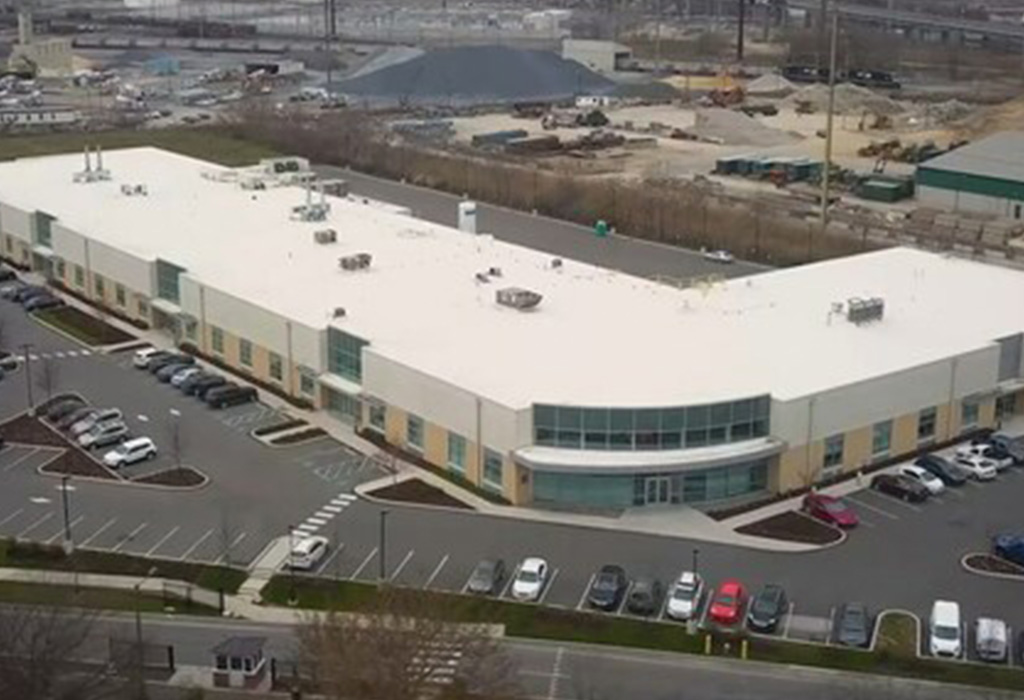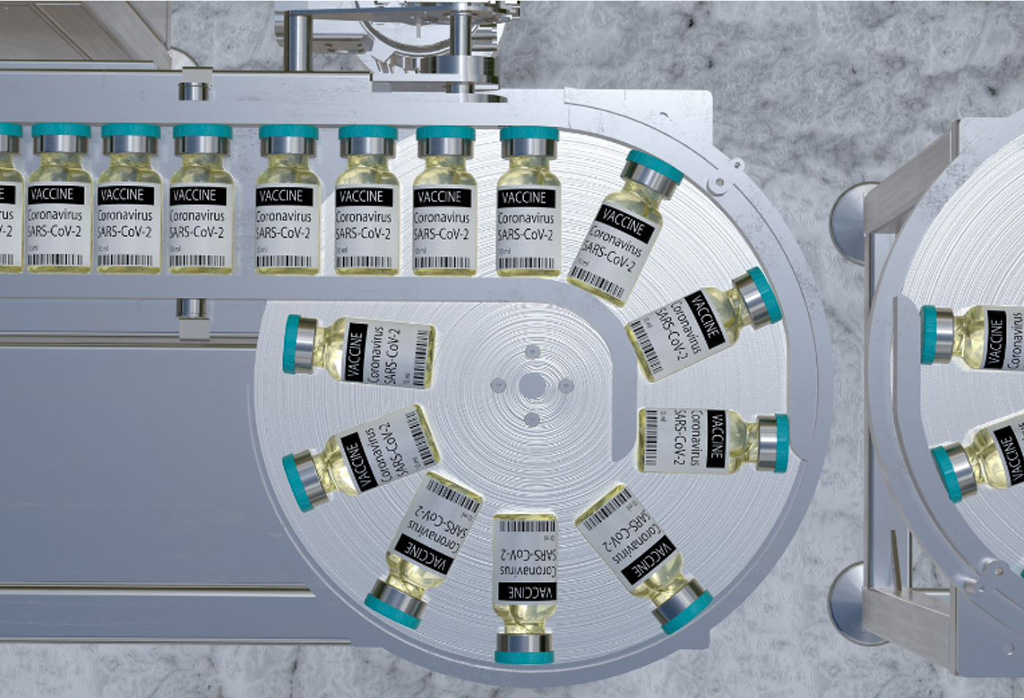An international team of researchers has uncovered a groundbreaking discovery in the fight against antimicrobial resistance (AMR). Utilizing advanced machine learning techniques, the team identified an astounding 863,498 potential antimicrobial peptides (AMPs) in nature, offering new hope in the global struggle against superbugs.
The findings, published in the esteemed journal Cell, were led by Associate Professor Luis Pedro Coelho, a computational biologist at Queensland University of Technology (QUT). Professor Coelho, a key figure at the QUT Centre for Microbiome Research, highlighted the critical need for novel antibiotic discovery methods. “AMR is one of the top public health threats, killing 1.27 million people each year,” he emphasized. Without significant intervention, AMR could result in up to 10 million deaths annually by 2050.
Harnessing AI to Combat Superbugs
The innovative approach taken by Coelho and his team involves leveraging artificial intelligence to sift through massive datasets of microbial genomes. The research analysed over 60,000 metagenomes, which encompass the genetic material of more than a million organisms from diverse environments such as marine and soil ecosystems, and the guts of humans and animals. This comprehensive analysis led to the creation of AMP Sphere; an extensive open-access database designed to facilitate the discovery of new antibiotics.
Professor Coelho expressed optimism about the potential impact of this AI-driven approach. “Using artificial intelligence to understand and harness the power of the global microbiome will hopefully drive innovative research for better public health outcomes,” he said.
Validation and Potential of New Antimicrobials
To validate their machine learning predictions, the researchers synthesized 100 peptides in the laboratory and tested them against significant clinical pathogens. Remarkably, 79 of these peptides were effective in disrupting bacterial membranes, and 63 demonstrated specific activity against antibiotic-resistant bacteria such as Staphylococcus aureus and Escherichia coli.
Further testing in preclinical models yielded promising results. Infected mice treated with these peptides showed a reduction in bacterial load by up to four orders of magnitude, comparable to the effects of polymyxin B, a potent antibiotic used to treat severe infections like meningitis, pneumonia, sepsis, and urinary tract infections.
Collaborative Effort and Future Prospects
This landmark research was a collaborative effort involving multiple prestigious institutions. Professor Coelho’s work was part of his ARC Future Fellowship at QUT School of Biomedical Science, conducted in partnership with the Cesar de la Fuente laboratory at the University of Pennsylvania, Fudan University, the European Molecular Biology Laboratory, and APC Microbiome Ireland.
The study’s success underscores the potential of interdisciplinary collaboration and advanced technologies in addressing one of the most pressing health crises of our time. As the AMP Sphere database becomes a valuable resource for scientists worldwide, the path to discovering new antibiotics appears brighter than ever.
In the face of rising antimicrobial resistance, these nearly one million potential new antibiotics offer a beacon of hope, underscoring the importance of continued innovation and global cooperation in the quest to safeguard public health.
Join us on the 13th-14th August 2024 for the 13th Edition of Biologics Manufacturing Korea 2024, Korea’s premier bioprocessing conference. Discover success stories from leading Korean and international biopharma, with sessions on upstream and downstream processing, analytics, automation, Bioprocessing 4.0, and digitalization. The conference also features showcases for CMOs and CDMOs, and discussions on Cell & Gene Therapy Manufacturing, facility design, and capacity planning. Don’t miss this chance to stay at the forefront of biopharmaceutical advancements and engage in strategic collaboration and knowledge sharing. Find out more: https://imapac.com/events/biologics-manufacturing-korea/
Source: https://www.sciencedaily.com/releases/2024/06/240605162428.htm





